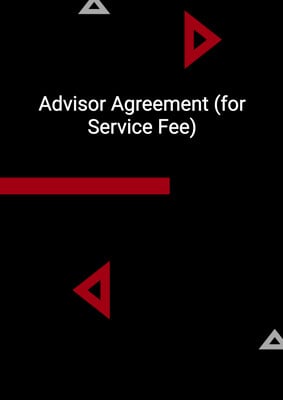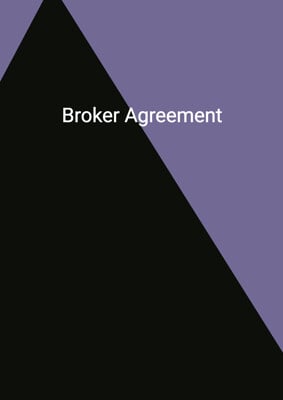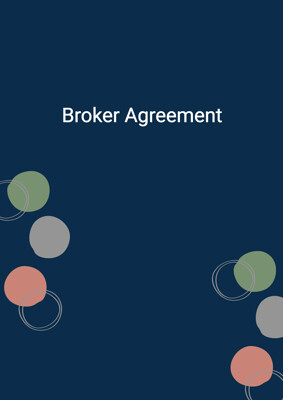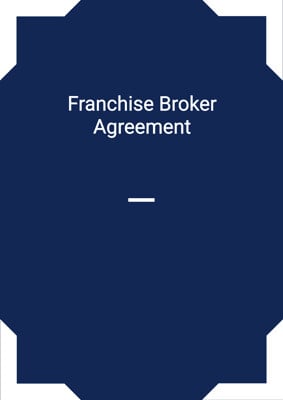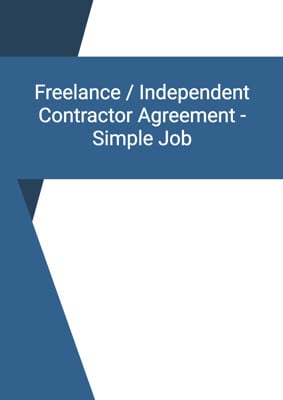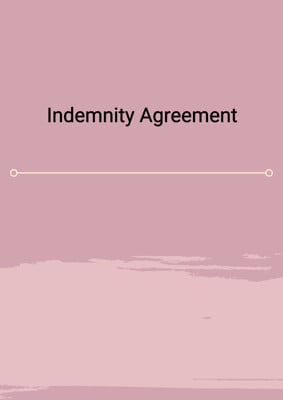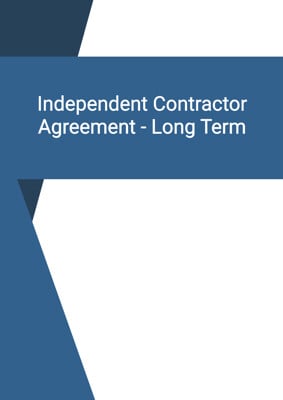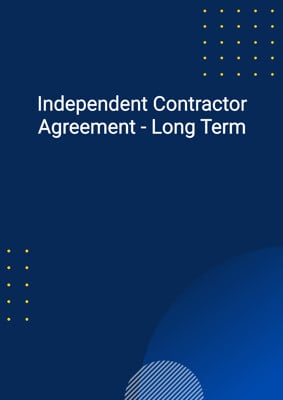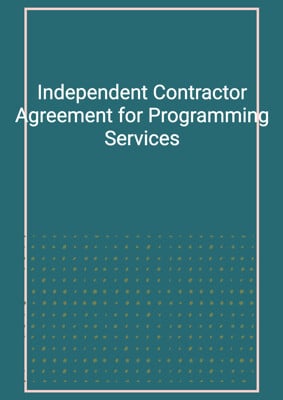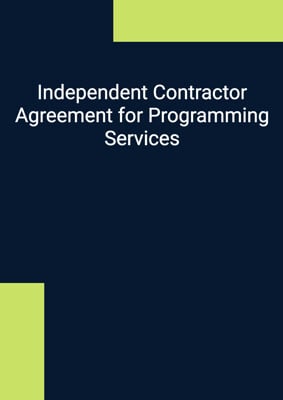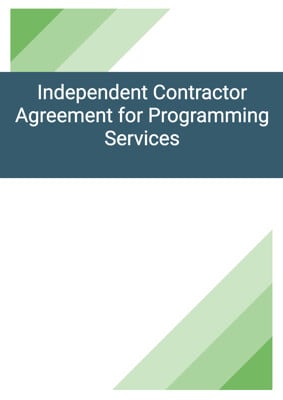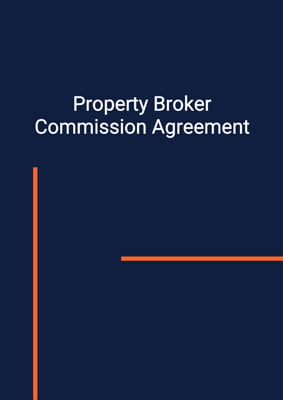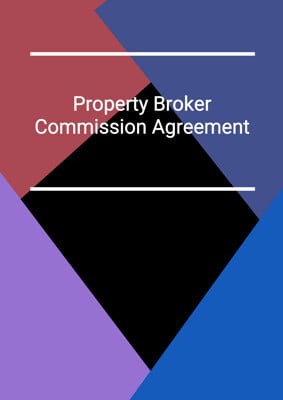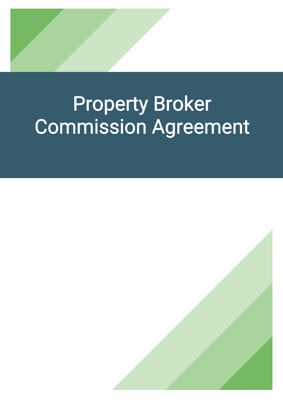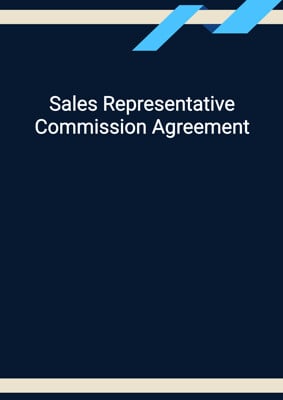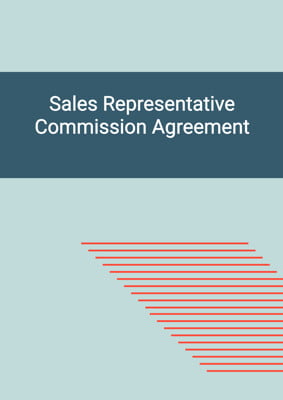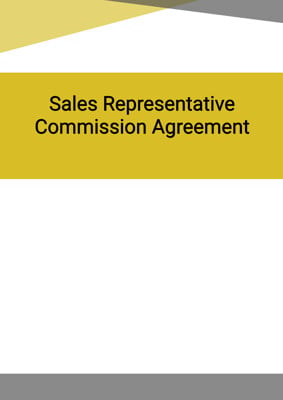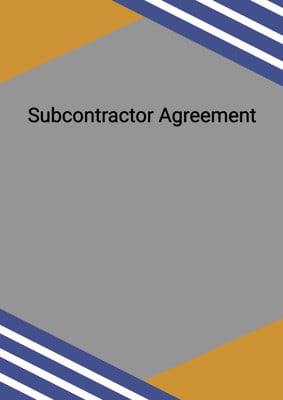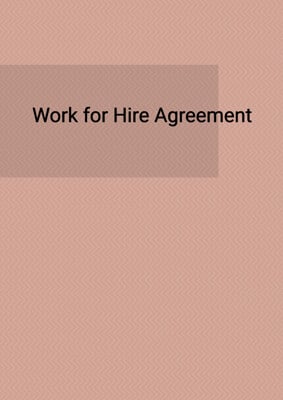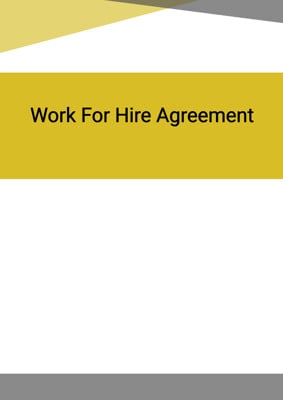How to Tailor the Document for Your Need?
01
Create Document
Fill in the details of the parties. You can click the "Fill with Member’s Information" button to complete it with information saved to your account.
02
Fill Information
Please fill in any additional information by following the step-by-step guide on the left hand side of the preview document and click the "Next" button.
03
Get Document
When you are done, click the "Get Document" button and you can download the document in Word or PDF format.
04
Review Document
Please get all parties to review the document carefully and make any final modifications to ensure that the details are correct before signing the document.
Document Preview
Document Description
The Freelance Writer Agreement is a document that outlines the terms and conditions between a freelance writer (referred to as the 'Writer') and a customer (referred to as the 'Customer'). The agreement highlights the importance of the document by ensuring that both parties are aware of their obligations and responsibilities.
The document begins with an interpretation section, which provides definitions for key terms used throughout the agreement. This ensures that both parties have a clear understanding of the terms being used.
The Writer's obligations are then outlined in detail. This includes writing articles for the Customer in accordance with the guidelines listed in Schedule 1. The Customer has the authority to determine whether or not to publish the articles. The Writer is also required to comply with any instructions or variations issued by the Customer and to carry out the job with care, diligence, and in a professional manner.
The completion of the work is addressed in Section 3. The job is expected to be completed by the completion date specified in the agreement. If there is a delay in completion, the Customer may grant an extension of time. If the job is not completed by the completion date, the Customer is entitled to liquidated damages. Both parties are protected in the event of any failure or delay due to causes outside their reasonable control.
Section 4 includes warranties from the Writer. The Writer is responsible for ensuring that the work product meets the required quality standards. The Writer also warrants that they have secured all necessary licenses and that the services will not infringe any third-party rights.
The agreement also covers topics such as assignment, conflict of interest and non-solicitation, modification, payment, independent contractor status, writer responsibility for personnel, rights in work product, confidentiality, termination, and dispute resolution.
The document concludes with a jurisdiction clause and provisions for notices and service.
Overall, the Freelance Writer Agreement is a comprehensive document that protects the interests of both the Writer and the Customer by clearly outlining their rights and responsibilities.
How to use this document?
1. Review the agreement: Familiarize yourself with the entire agreement to understand the terms and conditions.
2. Understand the interpretation section: Pay attention to the definitions provided to ensure a clear understanding of the terms used throughout the agreement.
3. Review the Writer's obligations: Take note of the specific obligations of the Writer, including writing articles in accordance with the guidelines and complying with instructions from the Customer.
4. Understand the completion of the work: Be aware of the expected completion date and the consequences of any delays. Understand the provisions for liquidated damages and the protection in case of failure or delay due to causes outside of the parties' control.
5. Consider the warranties from the Writer: Understand the Writer's responsibility for the quality of the work product and their warranties regarding licenses and infringement of third-party rights.
6. Review other sections: Pay attention to sections covering assignment, conflict of interest and non-solicitation, modification, payment, independent contractor status, writer responsibility for personnel, rights in work product, confidentiality, termination, and dispute resolution.
7. Understand the jurisdiction clause: Take note of the jurisdiction specified in the agreement.
8. Familiarize yourself with the provisions for notices and service: Understand the methods and timelines for delivering notices.
Note: This guidance provides a brief overview. It is important to carefully read and understand the entire agreement before proceeding.
Not the right document?
Don’t worry, we have thousands of documents for you to choose from:



